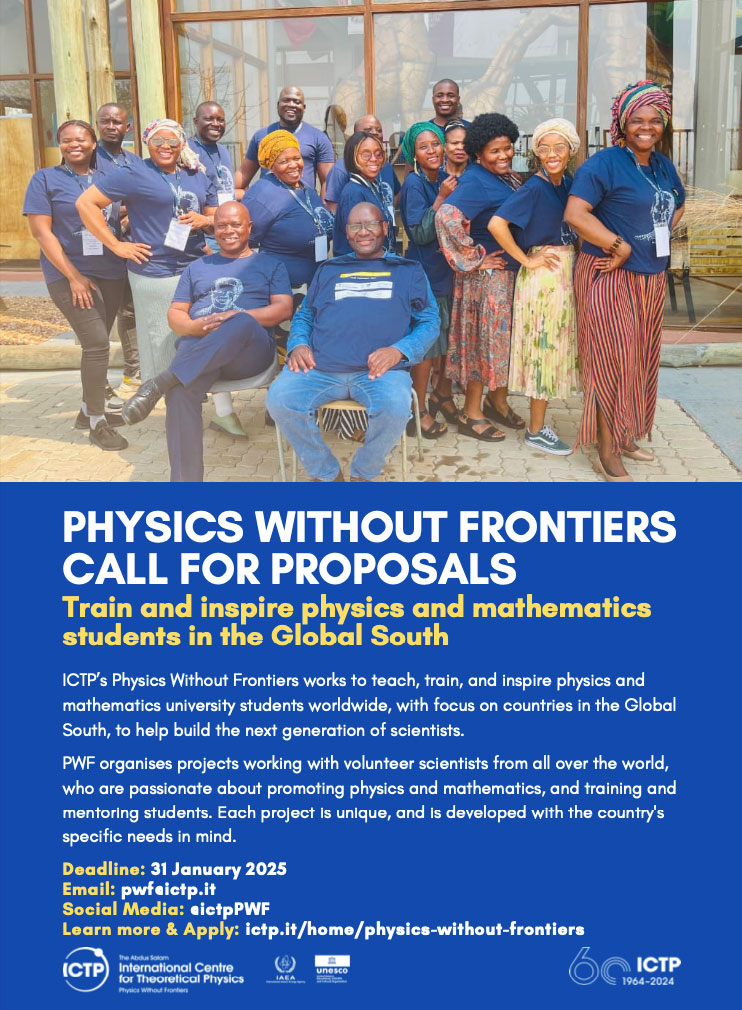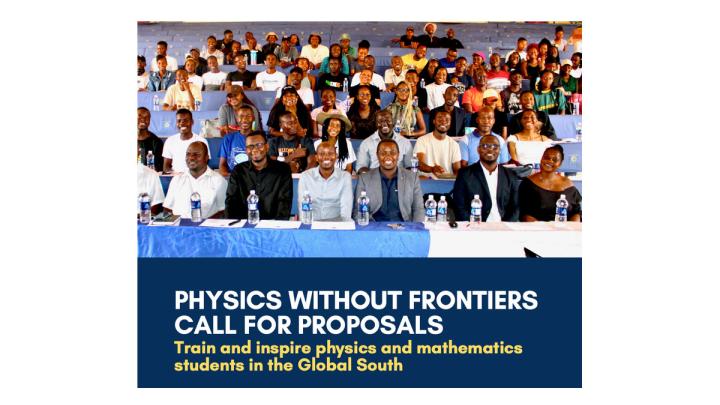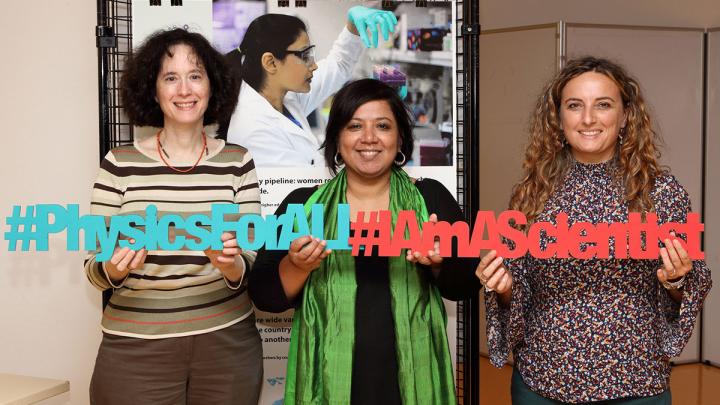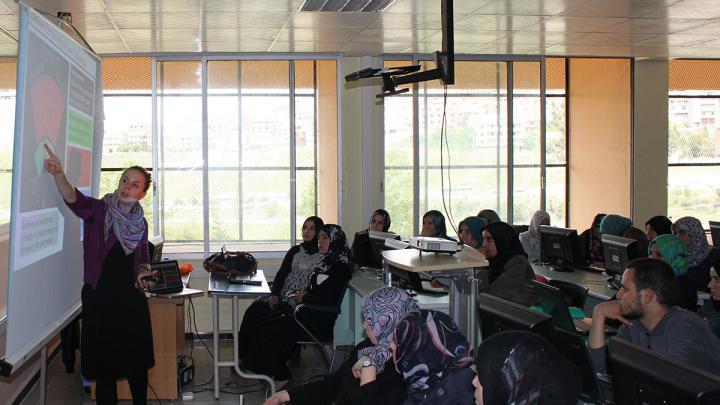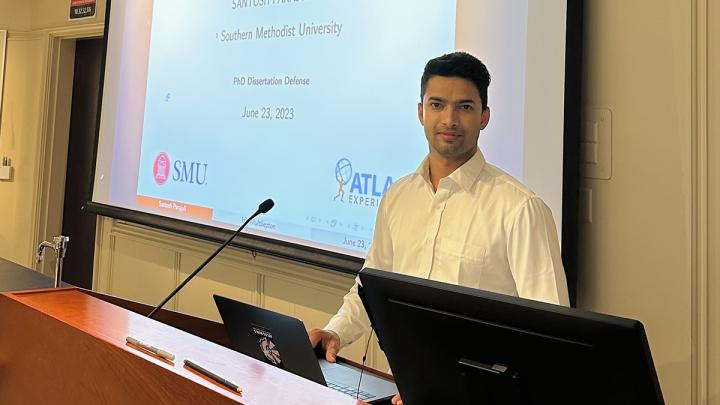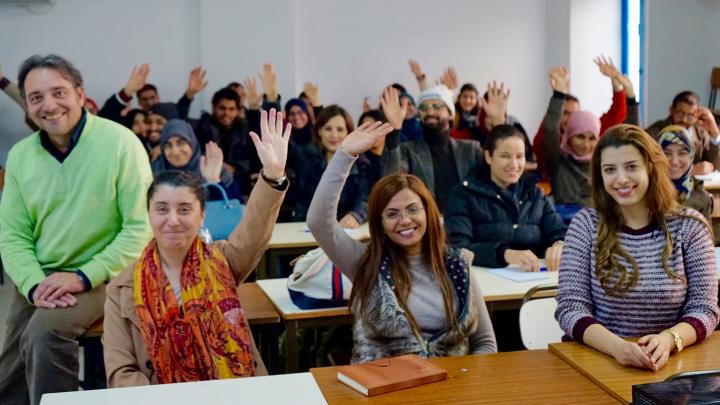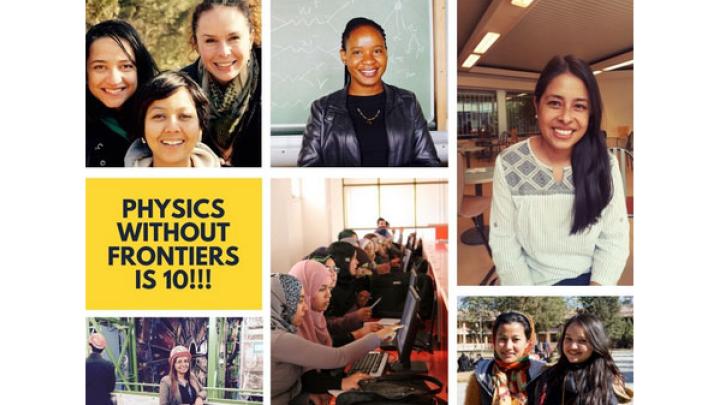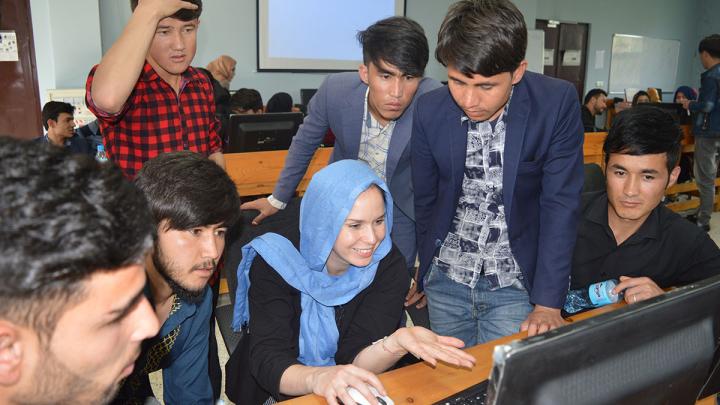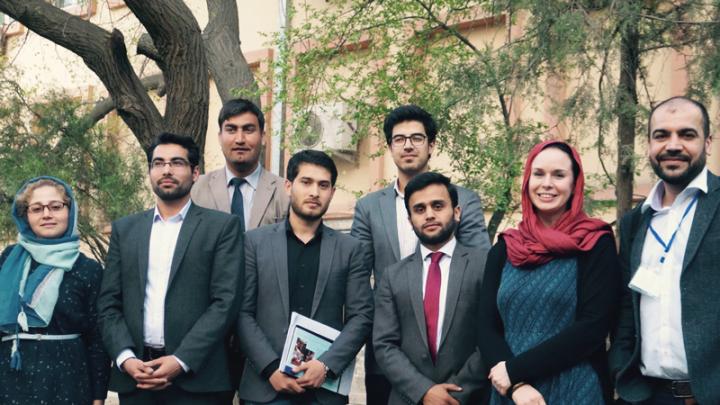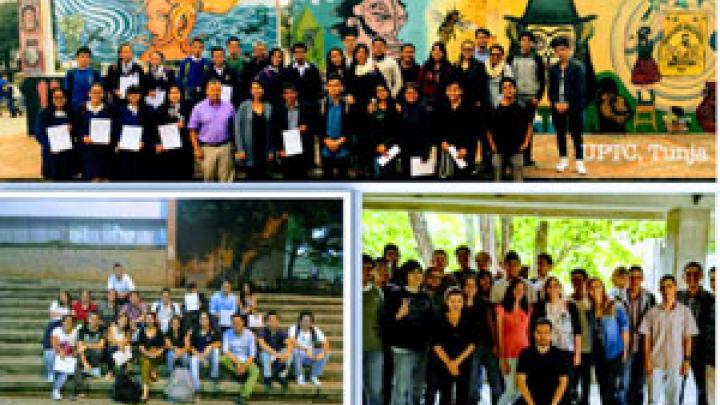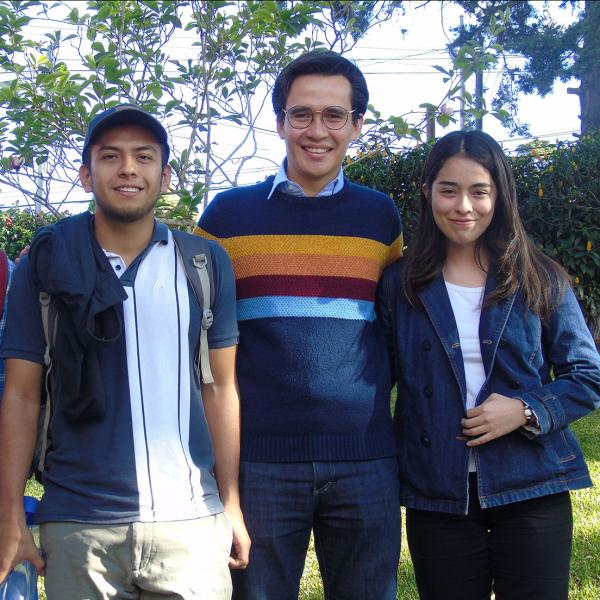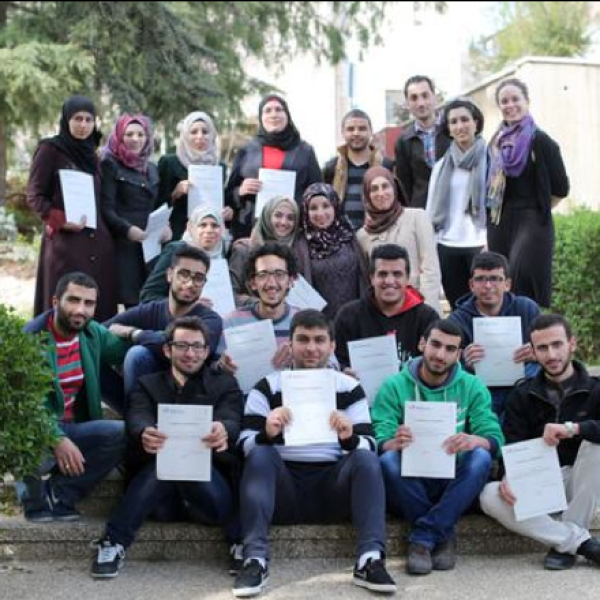
Back
Physics Without Frontiers
Next

ICTP Physics Without Frontiers works to teach, train, and inspire physics and mathematics university students worldwide, with focus on countries in the Global South, to help build the next generation of scientists.
Our annual call for applications will be opening in December 2024, information about how to apply can be found here!
PWF organises projects working with volunteer scientists, who are PhD students, postdoctoral researchers, or lecturers from all over the world, who are passionate about promoting and supporting physics and mathematics. The Physics Without Frontiers Volunteer Network is composed of more than 100 passionate scientists primarily from the Global South.
Each PWF project is unique, combining activities such as hands-on training, lecturing and networking, developed with a country's specific needs in mind. A component of science diplomacy, interaction with industry, outreach and diversity are often incorporated into projects. PWF promotes networking and collaborative environments, and encourages mentoring to students who may have less opportunities. To date PWF has worked with over 10000 students worldwide in 50 different countries!
Take a look at our past, current and future projects on our indico pages.
Physics Without Frontiers aims to:
- teach and train university students in core topics, and cutting-edge research, in physics and mathematics using enquiry-based learning and hands-on sessions by PWF Volunteers who are experts in their research fields, and provide transferable skills in computing, programming and data science;
- identify and mentor top students studying at universities without MSc/PhD programmes to go on to further study abroad, such as the ICTP diploma programme, and MSc and PhD placements;
- support physics and mathematics departments in universities with little or no research, by providing faculty training, taught university courses, curriculum support, research infrastructure, efforts towards the public understanding of science, and outreach to high school students and teachers.
Our annual call for applications is open! Find out more information about how to apply here , and read the guidelines.
Physics Without Frontiers is about breaking down barriers to accessing physics and mathematics research and training. This means connecting with students and scientists worldwide, and with those from less represented groups, for example those from a poorer economic background, women and girls, ethnic minorities within regions, or those who may lack access due to geographic barriers or isolation within a region, and those from conflict regions.
PWF is coordinated by Professor Bobby Acharya, Dr Kate Shaw and Dr Nataša Stojić.
Watch the 2024 PWF Annual Meeting here on YouTube or see the slides from the indico event. Subscribe to our Mailing List by sending an email with the subject SUBSCRIBE to pwf-subscribe@lists.ictp.it Contact us: pwf@ictp.it Follow us on Facebook, Twitter, Instagram and YouTube Playlist.
PWF is grateful for the support of the Arab Fund for Economic and Social Development towards organising projects within its member states.
